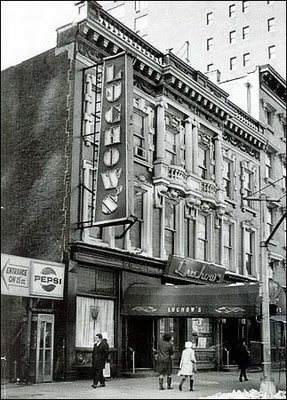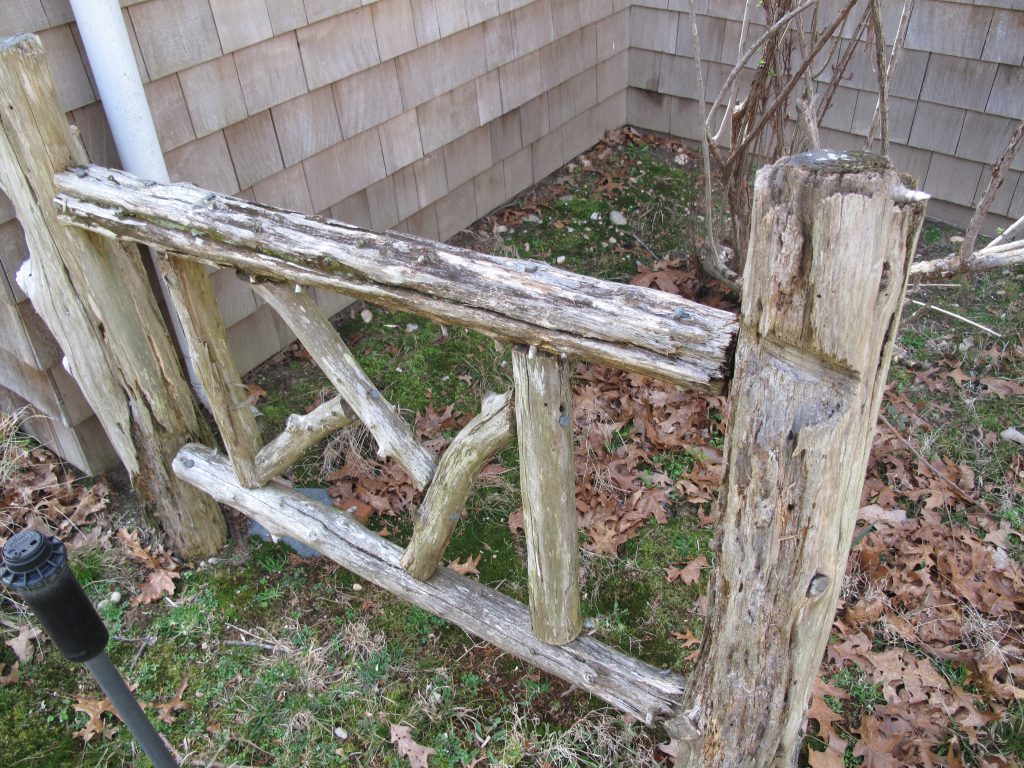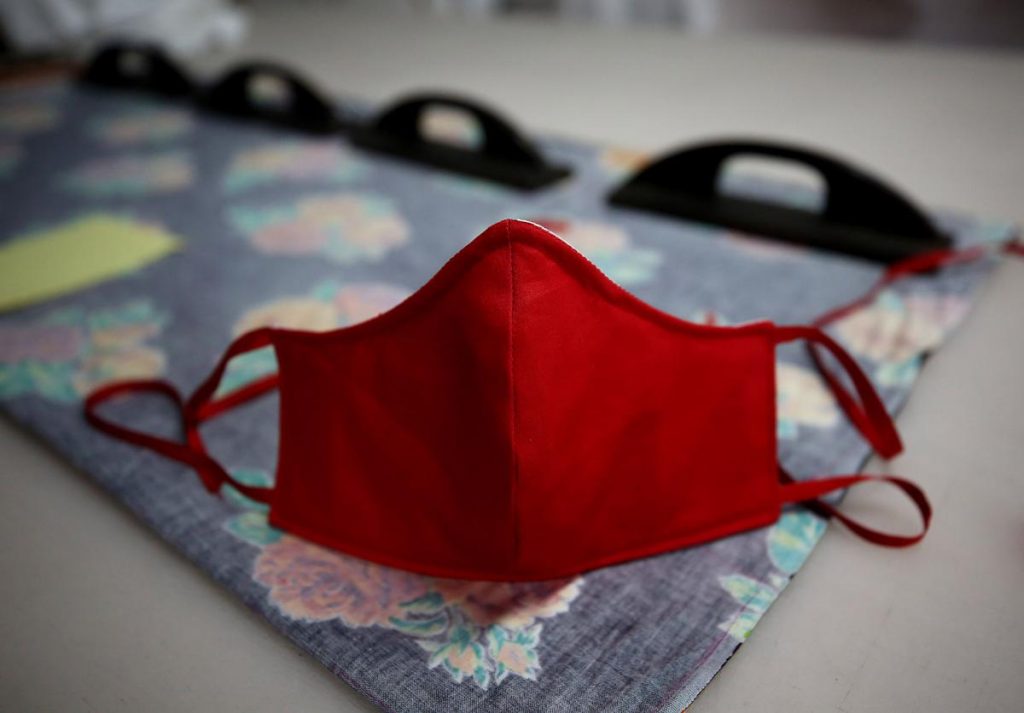
Wednesday, April 22
Amid the pandemic, everyday life with its attendant tragedies goes on. Yesterday, Emily’s best friend experienced a non-coronavirus death in her family: Ollie, her cat, died of lymphoma. He was an interesting guy—charismatic and nosy; athletic; and prone to eating the victuals that really belonged to his sister, Violet. A departure before his time. Emily’s friend and Violet are very upset.
Peapod continues to be frustrating. They delivered a great deal of stuff, but it’s hard not to focus on the things they left out. We received 52 requested items, but 28 others were “out of stock.” We got a surprising amount of chicken—more than we asked for, 10 cutlets in two packages. But we’re missing some ingredients needed to turn those cutlets into familiar dishes, including walnuts, mushrooms, lemons, canned tomatoes, scallions, and wine vinegar. Also no lettuce, napkins, or raisins—but lots more frozen green beans, which Peapod seems to regard as an acceptable substitute for a wide range of other vegetables.
We worried a lot about a predicted thunderstorm, then the delivery came just minutes before the heavens opened. Rather than wiping things down outside as the experts recommend, we brought everything just inside the front door. Then we wiped all the cans down with paper towels soaked in diluted bleach. Boxes got a dry wipe, fresh vegetables only a rinse in the sink. Everything not needing refrigeration is condemned to remain for a couple of days in an area we can largely avoid. All of this behavior is per a doctor’s Youtube video on how to manage your deliveries.
A question for today: Can I really get myself to read Dostoyevsky’s Crime and Punishment, or is that classic opus just too punishing for right now? The work, and its protagonist Raskolnikov, are frequently mentioned in films and articles—and surely the people who mention them are no smarter than I am. I’ll give it a try but probably fail.
One obscure short story collection that I can recommend: The Word of the Speechless by Julio Ramon Ribeyro (New York Review Books). A back-cover blurb from Mario Vargas Llosa calls the author “a magnificent storyteller.” One nifty example is the six-page “Doubled,” all about a man’s journey to the antipodes (yes, I had to look that up) and an experience with his doppelganger.
Tonight’s dinner: With our recently delivered eats in quarantine, we’ll have leftover black beans and rice, okra from the freezer, and coleslaw.
Entertainment: One outrageous episode of Black Mirror, two of Babylon Berlin, and one of Darkwater Fell.








